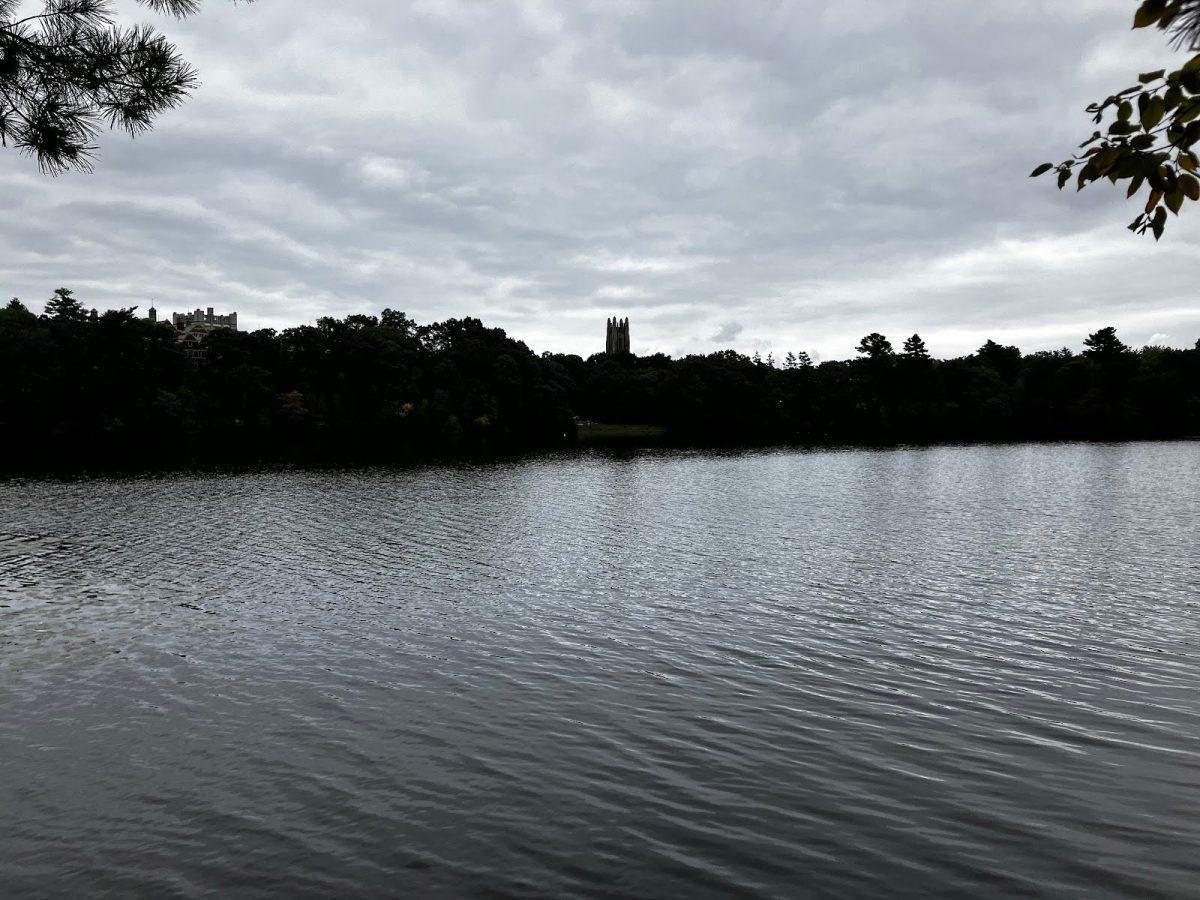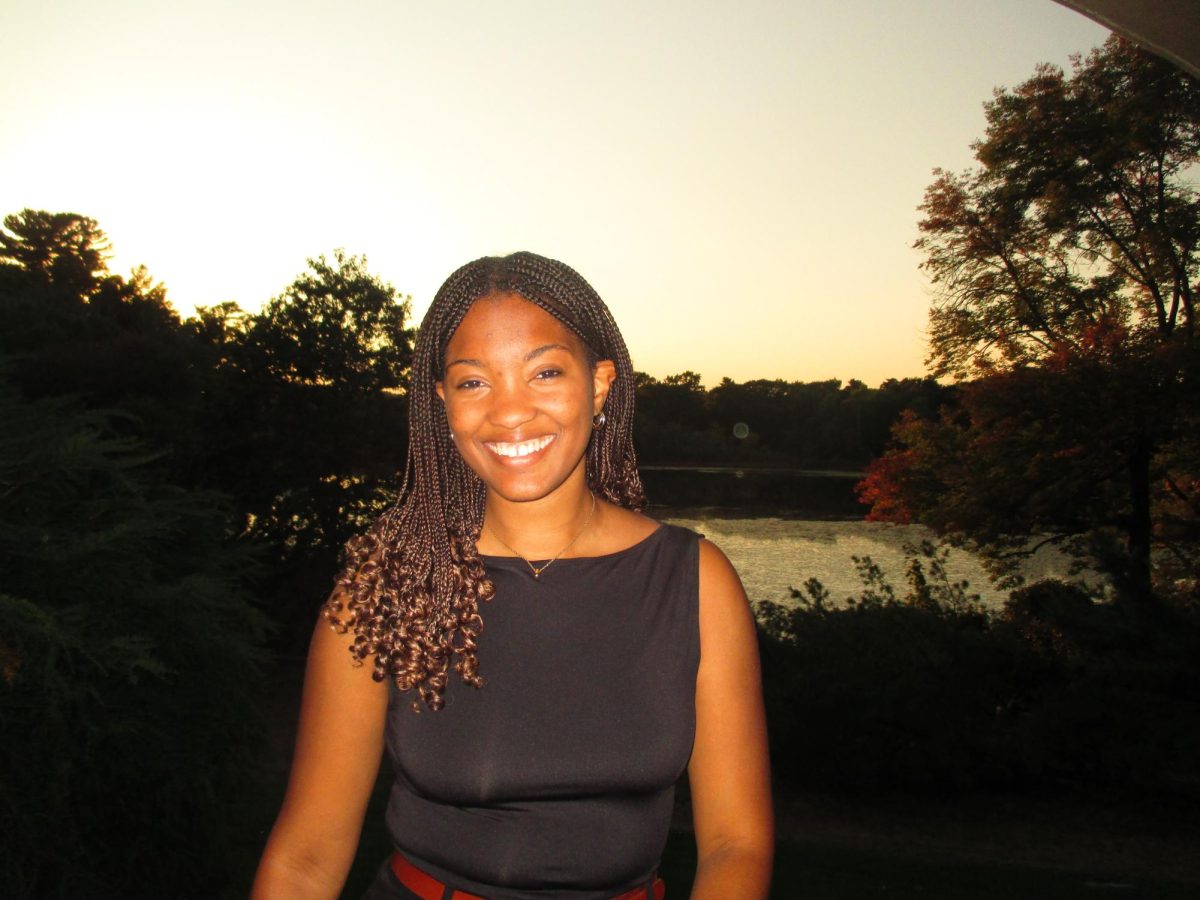This year, Lake Day happened on Sep. 25, 2024. As a first year, I was made to understand that the day itself would go by fairly smoothly. The night before, a little black and white note to “stay tuned” was slipped under dorm doors at 10 p.m. The day of, Severance Lawn hosted carnival games, apple cider donuts, informational tables and frozen lemonade. The lake path was busier than normal, and we were all offered flu vaccinations in a convenient location by Collins Cafe. There was painting by the lakefront. Classes were canceled.
What was not so smooth was the discourse surrounding Lake Day the Monday and Tuesday preceding it. I had no idea the many expectations Wellesley students had about the event, with the most pressing one being the secrecy, oftentimes endearingly, coquettishly contrived, regarding when Lake Day would be. The main complaint was the lack of knowledge teachers – specifically non-STEM teachers – had about the placement of Lake Day. I was privy to all the nervousness of a missed review session, of pushed-back tests, of when exactly a homework assignment would be due. Another complaint arose: why not earlier? The weather is too cold this time of year. The breeze is uncharacteristically chilly. Lake Day should’ve been pushed forward into earlier September, when the coursework wasn’t as intense, when first years could relax into the soft memory of orientation week and the upperclassmen could reminisce on their relaxing summer vacation. Still, a last protest rose its grumbling head: why Wednesday? Why not a Friday? Or a Monday? Why must our week be interrupted by the forced, mandatory peace of an autumnal day? If it had connected to the weekend, perhaps a real trip could’ve been enjoyed, in Boston or New York, in Providence or Salem.
I could list all of the official, historical reasons why Lake Day is on a Wednesday, or why some teachers are told when Lake Day is earlier than others. But to do so would be answering these grouches instead of contradicting them. Put simply, the culture of Wellesley College is entirely too dependent on needless academic stress. To subvert the entire idea of Lake Day by opportunistically finding faults in the very concept of it is, at best, a laughable stroke of irony, and at worst, a worrying marker of the anxiety students have about their grades.
As a first year, to hear and reflect on these Lake Day critiques was concerning. In all honesty, I could just forget all about them and chalk them up to a classmate’s passing comment or a friend’s pessimism. After all, we all have things we complain about, and complaining is sometimes not about the problem itself but rather our pleasure and desire to talk about something trivial. But I couldn’t let the matter go. I thought about how I spent Lake Day – studying, mostly, and eating a donut on Severance Lawn – and realized that even in the process of mentally denouncing the apathy and general nitpicky attitude toward Lake Day, I was directly contributing to it by … not having enough fun? What if studying was my version of having fun? Is studying really fun, or have I been conditioned to think it’s fun? Thus lies the general academic paranoia; suddenly, I find myself thrust directly into not the role of the holier-than-thou spectator but rather the representative of the general student body.
If there’s anything I’ve learned from my first Lake Day, it’s that Lake Day should be kept a secret, hosted on a chilly late September day and shine in the unfortunate, awkward sunlight of a midweek Wednesday. The nonsensical, fun nature of what the day is meant to reflect may be, to some, sarcastically ignorant of the reality of student academic life. To others, perhaps the nature of it is as simple as partaking in Lake Day activities. The experience of it — whether that be any pre-Lake Day complaining, shenanigans on the day, or post-Lake Day reflections — is what keeps the spirit of it alive.
Contact the editor(s) responsible for this story: Caitlin Donovan




